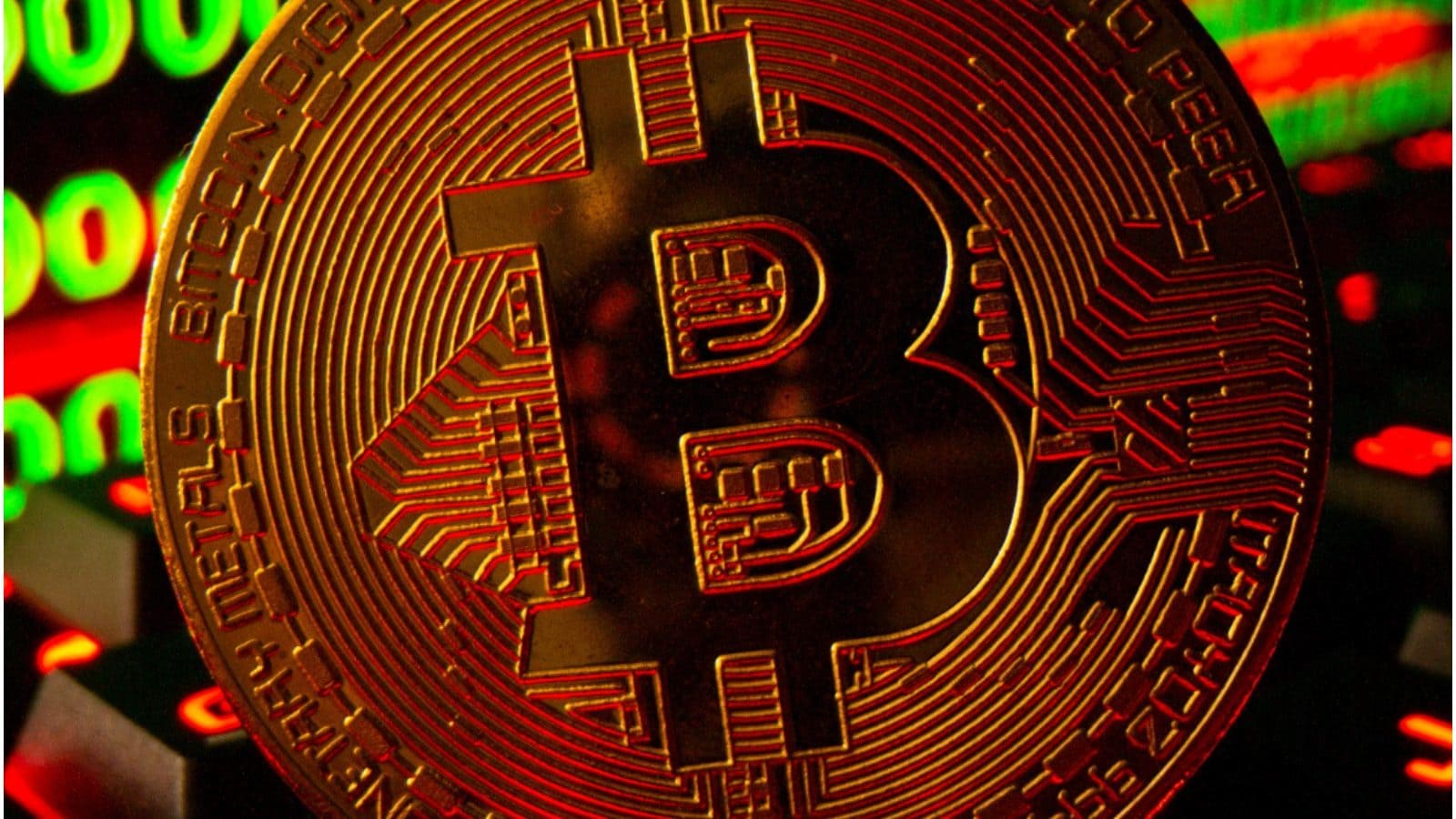After a stay aboard the International Space Station that unexpectedly stretched to nine and a half months, the NASA astronaut Suni Williams is back to doing something she enjoys on Earth.
“I actually went out and ran three miles yesterday,” Ms. Williams, who returned to Earth two weeks ago, said on Monday during a news conference at NASA’s Johnson Space Center in Houston. “So I will give myself a little pat on the back.”
Ms. Williams and her fellow astronaut Butch Wilmore repeatedly expressed gratitude. During Ms. Williams’s remarks, she thanked the two astronauts who had shared the SpaceX Crew Dragon capsule that give them a ride back to Earth. She thanked NASA. She thanked SpaceX. She thanked Boeing. She thanked the medical team that helped them get accustomed to gravity again.
Those words of gratitude may have been appreciated by people at the space agency who — like many federal workers — are uncertain about their mission, their direction or even their continued employment since President Trump’s inauguration.
Ms. Williams and Mr. Wilmore had traveled to orbit in June last year in a test flight of the Boeing Starliner spacecraft for a what had been intended as a brief stay at the International Space Station. But because of problems with Starliner’s propulsion system, NASA officials decided that Starliner should return to Earth empty and that Ms. Williams and Mr. Wilmore would stay in orbit until February.
Back on Earth, they have returned to a NASA that is in transition, although what course it will take is not known.
Elon Musk and his Department of Government Efficiency aim to demolish swaths of the federal bureaucracy. At the same time, Mr. Musk, the chief executive of SpaceX, also dreams of sending colonists to Mars, fueling speculation that NASA’s current centerpiece — the Artemis program, which is focused on sending astronauts back to the moon — could pivot to Mr. Musk’s preferences and that other parts of the agency working on climate change, planetary science and astrophysical research could be slashed.
In January, Ms. Williams and Mr. Wilmore were also transformed into political footballs as Mr. Trump and Mr. Musk said, without providing details or evidence, that the Biden administration had abandoned them in space in order to deny good publicity last fall to Mr. Musk, a supporter of Mr. Trump during the presidential campaign.
The two astronauts have long maintained in public remarks that they did not feel stranded and were not abandoned for political reasons.
During the news conference at the Johnson Space Center, Ms. Williams, Mr. Wilmore and Nick Hague, the commander of the SpaceX Crew Dragon mission that brought them home, all played down the political fracas and instead highlighted the collaboration and unity of purpose needed for astronaut missions.
“Then you couple that with a nation that comes together, and it cares about the human spaceflight program and prays for us and what’s taking place,” Mr. Wilmore said.
Mr. Hague said that much of what had happened on Earth had remained below.
“When we’re up there operating in space, you don’t feel the politics,” he said. “You don’t feel any of that. It’s focused strictly on mission.”
He noted that Ms. Williams had served as the commander of the space station for nearly six months.
The magic of human spaceflight, Mr. Hague said, “is that we can focus on something so positive that pulls people together.”
Mr. Wilmore, who served as the commander of the Starliner mission, would not cast blame on Boeing for the problems with its Starliner capsule that led to their extended stay. “I don’t like that term,” he said.
Boeing and NASA share responsibility for what did not work right, he said.
“I’ll start and point the finger, and I’ll blame me,” Mr. Wilmore said. “I could have asked some questions, and the answers to those questions could have turned the tide.”
NASA officials have said the next flight of Starliner could occur late this year or some time next year. When asked if they would be willing to board another such flight, both Ms. Williams and Mr. Williams said yes, without hesitation.
“Because we’re going to rectify all issues that we encountered,” Mr. Wilmore said. “We’re going to fix them. We’re going to make it work. Boeing’s completely committed. NASA is completely committed in what they’re doing. And with that, I get on in a heartbeat.”
“I would agree,” Ms. Williams said. “The spacecraft is really capable.”
The International Space Station is currently scheduled to operate until 2030, when a special SpaceX-designed spacecraft is to push the station out of orbit and into the Pacific Ocean. More recently, Mr. Musk has suggested that the space station has outlived its usefulness and should be thrown away sooner, in a couple of years. But the astronauts spoke admiringly of the research they had performed there.
Mr. Hague said the complexity of the experiments had increased dramatically compared with what he achieved during a previous stay in orbit six years ago.
“It just gives you this sense that we are in the golden age of the space station right now in terms of the return on investment,” Mr. Hague said.
#NASA #Astronauts #Speak #Time #9Month #Stay #Space #ISS










